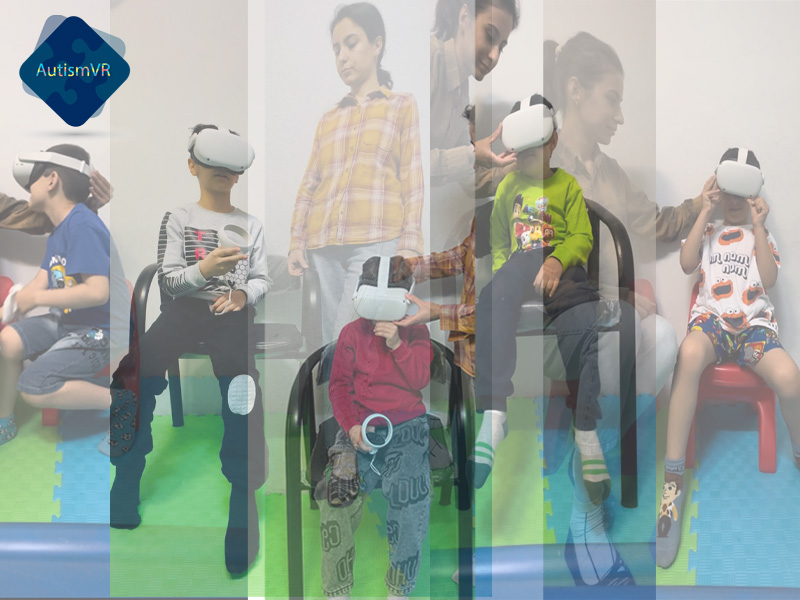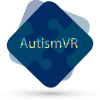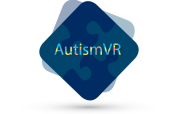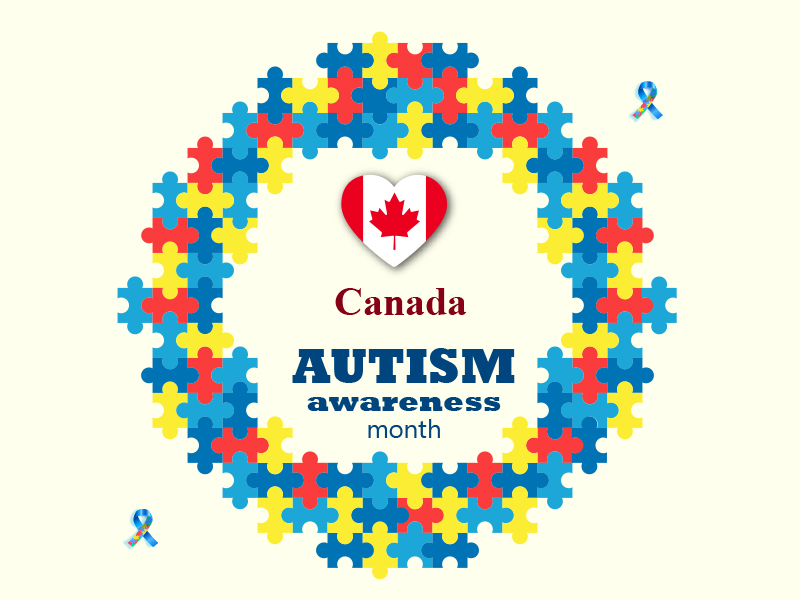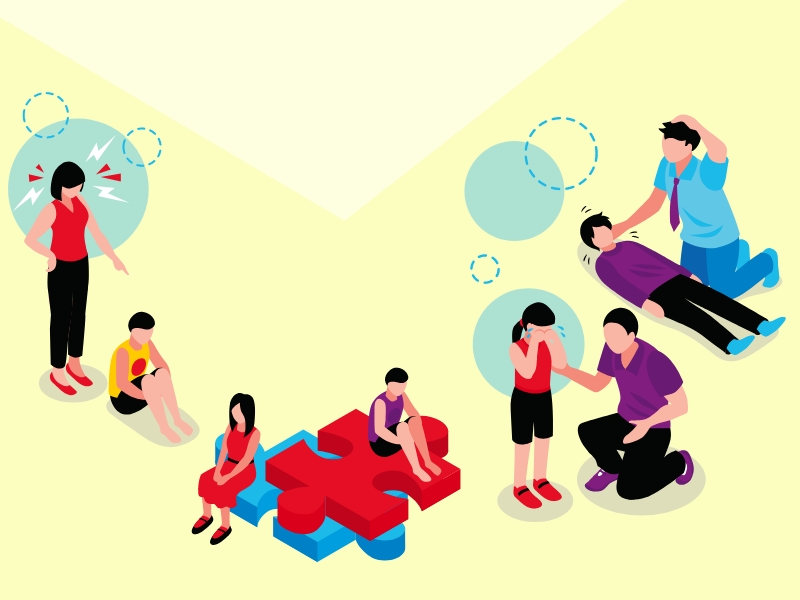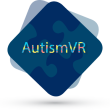Our occupational therapist, Ms. Niloofar Amiri, is excited about the positive impact AutismVR’s training games are having on children. We want to share some real-life experiences (without revealing any child’s name to protect their privacy). Engaging Experiences, Encouraging Results Ms. Amiri observes that children find AutismVR games highly engaging and enjoyable. This positive association with… Continue reading Therapist’s View: How AutismVR Games Benefit Children
Therapist’s View: How AutismVR Games Benefit Children
